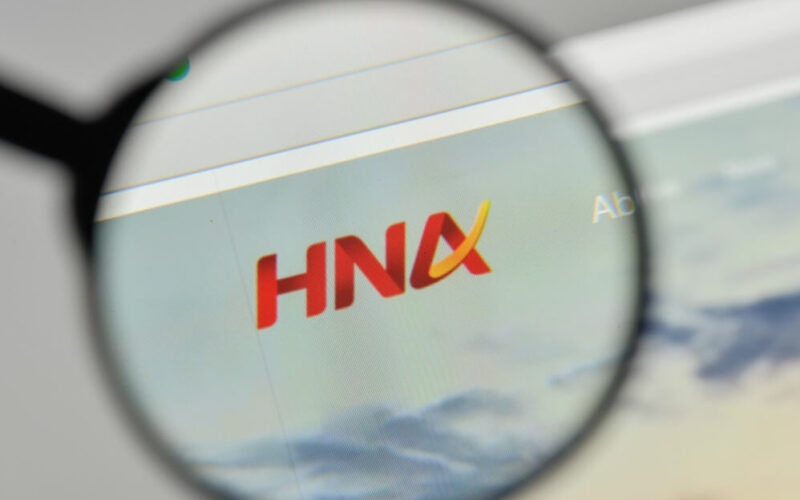HNA Group, a debt-burdened Chinese airline operator, aims to merge its 321 related companies into a single entity and searches for strategic investors as the company believes that the move could ensure a “sustainable and healthy development of the business” while promoting its reorganization.
China’s HNA Group disclosed that it looks for strategic investors to “promote the reorganization of HNA Group and related enterprises”, as well as the “sustainable and healthy development of [its] main business” as the company believes that the move could help to speed up its restructuring process. The move comes after the recent Hainan High People’s Court decision to give a green light for the company to merge its 321 related entities, including HNA’s aviation assets.
On March 15, 2021, the Chinese court ruled that the merger would ensure all the creditors of the company a “fair compensation” and indicated that a substantial merger would save time, manpower, and costs as well as “help accurately verify the assets and liabilities of the enterprise, formulate a more feasible reorganization plan and improve the efficiency and success rate of the reorganization,” the rule says.
HNA Group has already determined the terms and conditions for investment pointing out that the potential strategic investors with foreign investment shall comply with relevant regulations on foreign investment access. The company laid off what exact qualifications the potential investors might have, including stable financial health as well as excellent corporate governance. The Chinese conglomerate also seeks to ensure that its subsidiary air carrier Hainan Airlines will remain unchanged by the investment.
In January 2021, HNA Group applied for bankruptcy and reorganization after a long period of financial struggles. The move to file for bankruptcy came after a Chinese government-led group finalized due-diligence at HNA Group and laid out risk disposal plans on January 22, 2021.
HNA Group once attracted global attention for its aggressive spending, including stakes in hotel giant Hilton and Deutsche Bank. However, the group’s liquidity issues emerged in 2017.
In February 2020, Chinese authorities stepped in to run what is one of the largest conglomerates in China, as it struggled to overcome the debt crisis made worse by the COVID-19 crisis. The move was made at HNA’s request.

